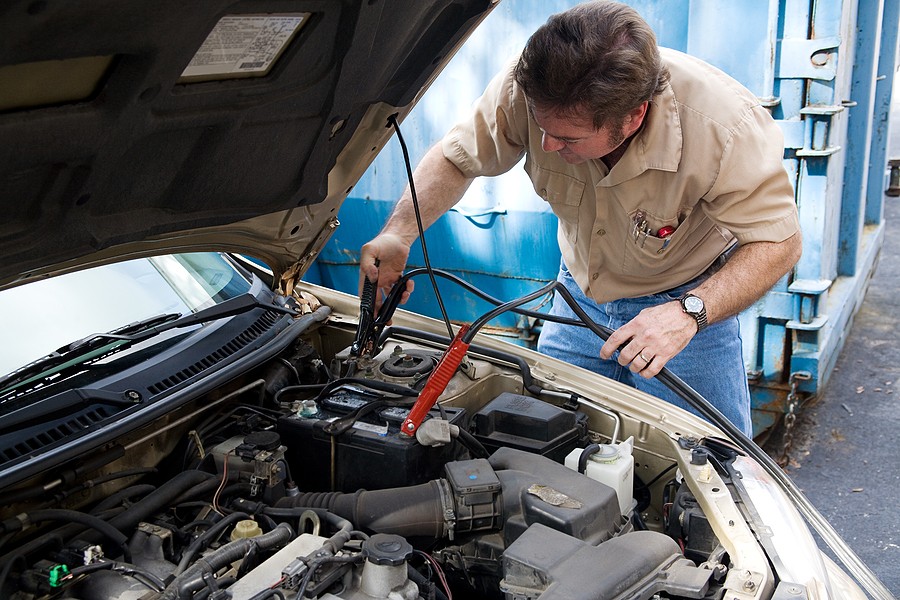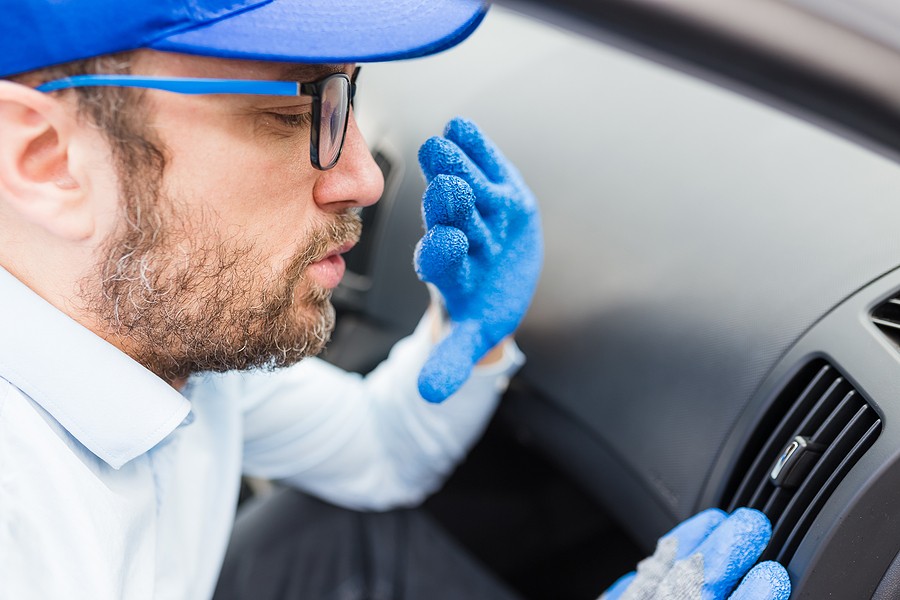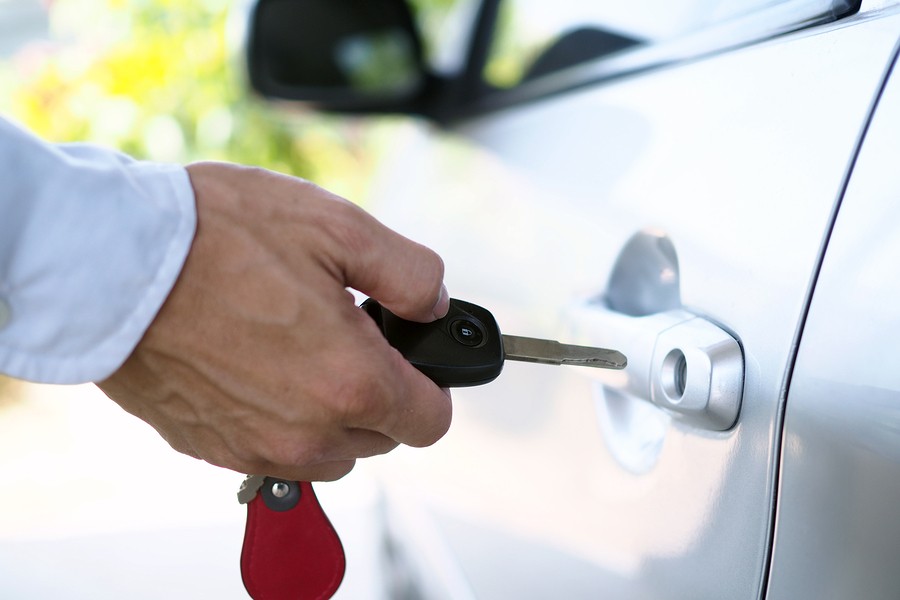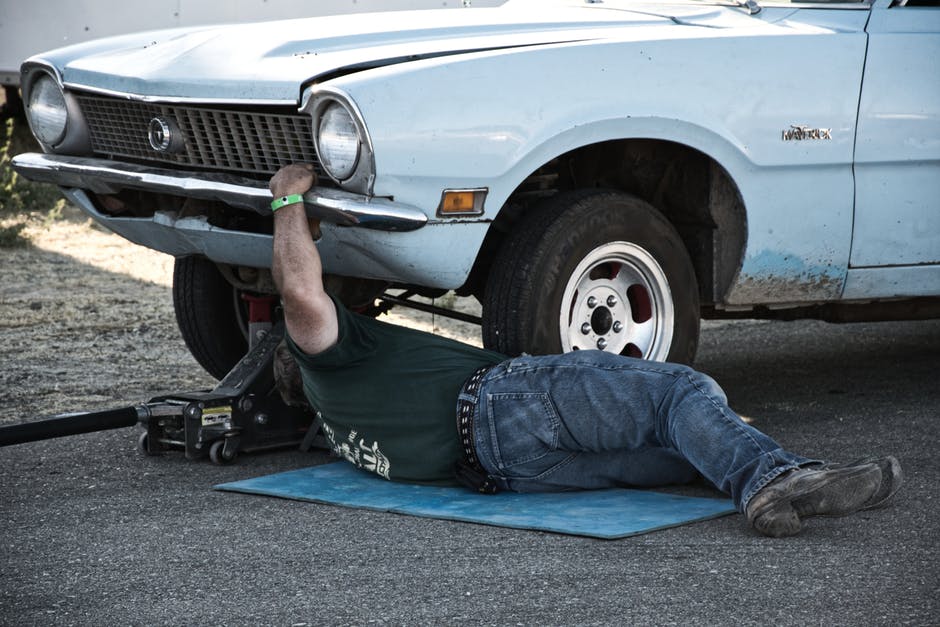Are you holding onto that beloved vehicle for a little too long?Figuring out when to get rid of a car isn't easy. If you're no longer making payments on the vehicles, it's tempting to hold onto it as long as possible.
But the repair bills start adding up the older a car gets. You may end up putting way more money into it than it's worth.
The other issue is the safety of the vehicle. As things start going wrong and the car deteriorates, it may not be safe to drive.
If you're not sure whether or not to get rid of your car, keep reading to learn seven signs it's time to move on.

1. Excessive Rust
Rust on a car may not seem like a big deal, but it can cause some serious problems with your vehicle, depending on where it is.
Rusting on the fuel tank, fuel lines, and brake lines can lead to major problems. It can cause your brakes to fail, or it could cause fuel leaks.
If the rust affects your car's frame, it can create major structural issues. If it's severe enough, it can make the car unsafe to drive.
Rust on the body of the car usually isn't a safety concern, but it does make your car look older.
2. Expensive Repairs
Owning a car means you'll have to pay up for repairs at some point. But you also have to weigh the cost of those repairs against the value of your vehicle. Some car problems aren't worth fixing.
If your repair bill will be more than the value of your car, that's a good sign that it's time to part ways with your vehicle. Sure, you can get your car running again, but you'll never get that money back when you sell it. You'll likely have more repairs around the corner if your vehicle is older or in rough shape.
Another thing to consider is how easily accessible replacements parts are for your vehicle. If it's an older model, the parts may be very difficult to find or even discontinued.
If your mechanic tells you it's going to start being difficult to find replacement parts, consider parting ways with the car.

3. Non-Stop Repairs
Another sign is having non-stop repairs, even if they're not expensive ones. If there's always something going wrong with your car, you're better off in something new.
Minor repairs are usually worth it compared to the high cost of a new vehicle. But you can't keep shelling out cash for the minor repairs when it adds up to big totals.
Consider how much you've already invested in repairs this year and how often you've had to get repairs done. Now, consider how much more you're willing to do before you say enough.
Say you've already put $2,000 into your car that's worth $2,750. You might say if you have more repairs this year that will cost $750 or more, it's time to get rid of it instead.
Even the little repairs, such as leaks and worn belts, add up over time. If you're always noticing leaks in your driveway, the check engine light is always on, and you're getting to know your mechanic very well, you could benefit from a new ride.

4. Lack of Safety Features
Many people think older cars are safer because they're often larger and built with sturdy materials. But newer cars have a lot of modern technology and research going into them to improve safety.
A new car has built-in crumple zones designed to protect you. It's designed to absorb energy from impact.
New cars also have secure seat belts and airbags that you don't get in older vehicles. Driving an older vehicle without those safety features may put you at a higher risk for severe injuries if you get into an accident.
5. Noises, Shaking, and Other Serious Symptoms
Does your car make you nervous every time you drive it? If you're bombarded constantly with scary car noises, shaking, rough rides, or other concerning symptoms, it could be a sign that you're about to have a major repair bill.
Getting rid of the car before disaster strikes could save you a lot of money. A trusted mechanic can look at your car and figure out where the sounds and shakes are originating. This can give you an idea of how severe the problem is and whether or not it's worth fixing.

6. Deterioration
As cars reach the end of their useful life, they may start to deteriorate beyond just rusting. Rubber gaskets and other parts might break down or become brittle.
You may notice parts start falling off of your car. Duct tape can help in a lot of situations, but you don't want your car held together like that. It may work for a temporary fix, but it shouldn't be your long-term plan.
Not only does it make the car look junky, but it's also not a reliable way to keep your car running.
When parts start to wear or fall off, your car may not run correctly or safely. You can replace those parts, but that adds into your high repair bills, which may make it impractical to keep the vehicle.
7. Doesn't Match Your Needs
Sometimes it can be as simple as your car no longer fitting your lifestyle. Your needs change over time, and that includes your vehicle needs.
When you got that sporty little two-door car, it was perfect for your single lifestyle. Now that you have two kids and a dog, it's just not practical.
Or maybe you're going the other way. You had a van to haul your kids, their gear, and their friends around everywhere, but now they're all out of the house. You may want to downsize to something smaller and more fuel-efficient.

When to Get Rid of a Car
Deciding when to get rid of a car is a personal decision. Some people decide to upgrade well before the current car is out of commission. Others wait until the repairs become more frequent and costly.
If your car is barely holding on, check out our cash buying options for junk cars. We make it easy to get rid of your old car so you can move on with a more reliable vehicle.



